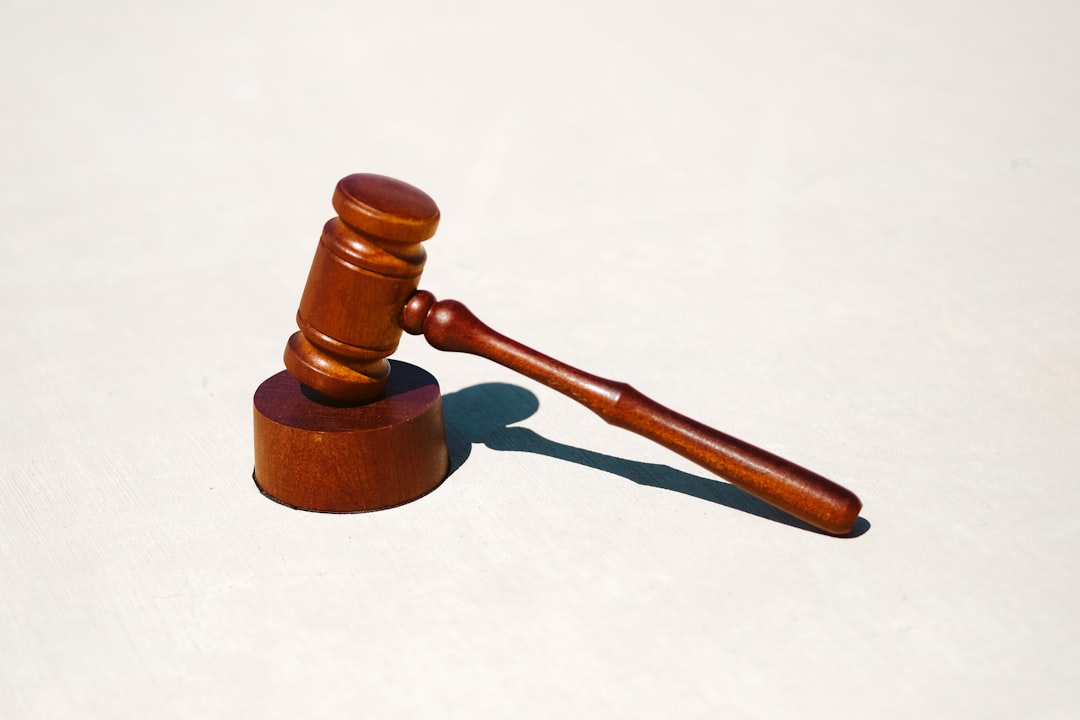Lighting is a critical component of law office equipment, enhancing productivity, focus, and work environment. Natural light from large windows improves mood during daylight hours, while artificial LED lights are essential in low-light conditions. Strategic lighting solutions maintain a comfortable atmosphere, boosting employee productivity and minimizing energy costs. Essential law office equipment like adjustable desks, ergonomic chairs, and task lamps contribute to optimal illumination for tasks such as reading documents or legal research. Lighting design should focus on balanced illumination, incorporating natural light optimization and strategically placed artificial lighting sources, including LED lights with dimmable switches for personalized adjustments throughout the day.
In today’s digital era, the law office environment significantly influences attorney productivity. Proper lighting is an often-overlooked yet powerful tool to enhance efficiency. This article explores how understanding the impact of lighting can revolutionize legal settings. We delve into essential equipment and design considerations to optimize illumination, ensuring a productive workspace. By implementing the right law office equipment, attorneys can navigate their complex tasks with improved focus and reduced strain, ultimately benefiting client service.
- Understanding the Impact of Lighting on Law Office Productivity
- Essential Equipment and Design Considerations for Optimal Illumination in Legal Settings
Understanding the Impact of Lighting on Law Office Productivity
Lighting plays a significant role in shaping the productivity and overall work environment of a law office. In today’s digital age, where legal professionals spend countless hours poring over documents, cases, and research, adequate lighting is not just a comfort but an essential component of efficient law office equipment. The right illumination can enhance focus, reduce eye strain, and create a more welcoming atmosphere, ultimately contributing to increased productivity.
Consider the impact of natural light versus artificial lighting. Large windows allowing sunlight to flood in can provide a bright, stimulating environment, known to boost mood and alertness among staff. However, during evenings or days with limited natural light, high-quality artificial lighting becomes crucial. LED lights, for instance, offer consistent illumination without the heat associated with traditional bulbs, ensuring employees remain comfortable and focused while minimizing energy costs—a key aspect in maintaining a productive law office environment.
Essential Equipment and Design Considerations for Optimal Illumination in Legal Settings
In any law office, effective lighting is more than just aesthetics; it’s a key component for productivity and professional ambiance. Essential law office equipment like adjustable desks, ergonomic chairs, and task lamps play a significant role in creating optimal illumination. These items not only enhance overall workspace functionality but also ensure specific areas are well-lit for reading legal documents, conducting research, or presenting cases.
Design considerations should focus on balanced lighting to prevent eye strain and headaches. This includes natural light optimization through window treatments or skylights, as well as strategic placement of artificial lighting sources. LED lights, known for their energy efficiency and long lifespan, can provide focused illumination tailored to individual tasks. Additionally, dimmable switches allow for adjustable lighting levels, catering to different preferences and tasks throughout the day.
Illuminating a law office isn’t just about aesthetics; it’s a key factor in enhancing productivity. By understanding how lighting affects work performance and implementing strategic design choices, legal professionals can create an environment that fosters focus and efficiency. Investing in high-quality law office equipment, such as adjustable lighting fixtures and task lamps, ensures optimal illumination tailored to various tasks. This simple yet powerful upgrade can significantly improve comfort levels and overall productivity for lawyers and support staff, making it a worthwhile consideration for any legal practice looking to thrive in today’s competitive landscape.
